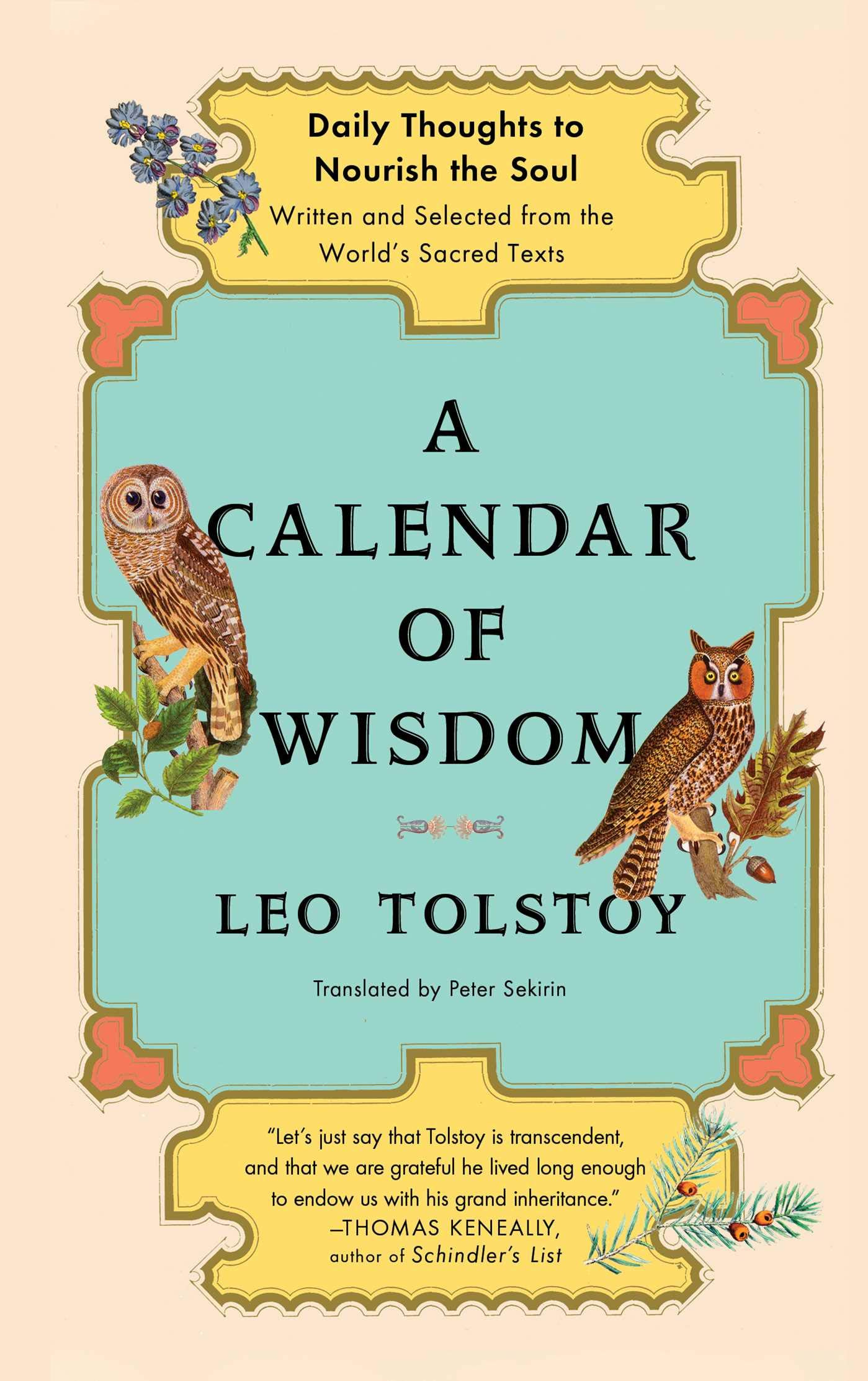I first came across this book when it was recommended to me by the excellent mailing list by Ryan Holiday. I aspire for this newsletter to reach the heights of reading recommendation mail and his efforts to promote wide reading. Having said that, I can’t say I thoroughly enjoyed this book.
But maybe that is because I read it wrong.
The premise of this book is that it is supposed to be read every day over a course of a year and you are supposed to digest only that which is allocated for that day. Seems pretty neat, and is certainly a promising way to curate a reading habit. But I read this book on my phone and just 3-4 pages per read simply did not cut it.
That does beg the question as to what book would make for an ideal daily read over the course of a calendar year. Let me know!
The Preachiness of it all
As a teacher, I try to avoid being a preacher. I am told the same is true of writing. People tend to prefer it when they are asked to drive their thoughts and not told what to think (funny how social media appeared to have missed that memo).
This book preaches and shames every chance it gets and any “nourishment” promised in the introduction came with a healthy dose of eye-rolls. Having said that, the book did provide a lot of thoughts and quotes to reproduce elsewhere. Moreover, some of the sections of the book did provide an interesting take on the “spirituality vs religiousness” conversation which I recently had with a colleague.
I know it is difficult to not expect an assortment of thoughts to be preachy, but I am also conscious that gathered quotes are just as impactful as the intent which put them there in the first place.
The Wisdom of the Old
I am sure some of you think I have a thing against the elderly, what with my seeming critique against grandmothers, in particular.
Nothing of the sort, I assure you.
Call it the arrogance of the young, but I fail to see how the thoughts of dead men (women rarely show up in this book) by default ought to make for wisdom, regardless of how accomplished those men were. The support for my stance: ignorance.
Try this for instance: George Washington did not know about the existence of dinosaurs. Aristotle was clueless about what a telescope could reveal about a galaxy. Sigmund Freud did not know the mechanics of the pre-frontal cortex.
Need I go on?
Enough is not said about the swarm of wisdom guaranteed to us by technology and advances. I get the allure of looking at the past, but I fear the reckless ignorance that retrospective trust holds. People keen on interpreting texts thousands of years old to guide them in taking contemporary decisions do not always have the best interests of all in mind.
Oh well, wisdom is in the jaw of the chewer anyways.
Do read this book, perhaps in the way it was meant to be read, and let me know if it works out for you. As for this newsletter, we are slowly getting to the point where you could read a post once every week and run out only close to the Christmas holidays. Why don’t you do that? Start here.
Until next time, do subscribe and share this post with fellow readers.



